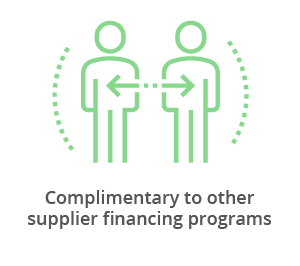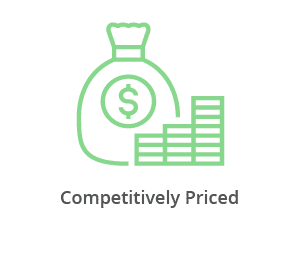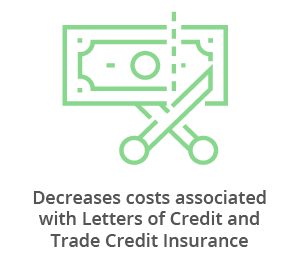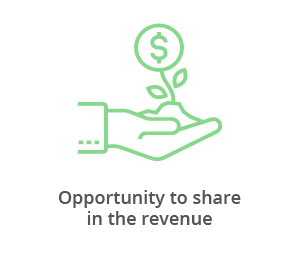Maintaining a secure and robust supply chain is critical to any business. Disruptions in obtaining goods and services from suppliers can have potentially damaging short- and long-term implications. However, for many suppliers, making sure they have enough working capital on hand, and thus the ability to meet their customers’ increased demands can be an issue. With corporates wanting to maintain their supply chain while extending trade payable days and suppliers needing prompt access to working capital, it’s no wonder corporates are increasingly providing financing solutions to their supplier base and suppliers are actively seeking financing options.
While it might seem counterintuitive, a strong economy can make things harder for some businesses. If demand for a firm’s goods is proliferating, they need to have the financial resources in place to pay for materials, facilities, staff and all the other costs of doing business. Many quickly-growing enterprises do not have the cash flow in place to manage these expenses. The lack of cash can result in them needing to close up shop, according to Steve Albart, Senior Vice President at Enterprise Bank & Trust.
“Profitable companies can go out of business because they simply run out of cash to pay bills. High growth in short periods of time can put a tremendous amount of strain on [their] cash flow.”
Steve Albart, Senior Vice President at Enterprise Bank & Trust
Albart goes on to note that to avoid this kind of “financial crunch,” the key is to have a strong, regular cash flow. The practice of managing budgets and cash flow forecasting is “more imperative in growth economies than shrinking economies.”
Considering U.S. GDP is forecast to grow at 4.5 percent in the second quarter of 2018, it’s undoubtedly a smart time to make sure suppliers have access to the cash they need to deliver goods and services. While bank loans are a viable way for suppliers to obtain working capital, they come at a high price. The rates and fees can be very costly. Plus, and of equal (if not higher) importance, the amount of time it takes to secure a loan or a line of credit can be lengthy and the advance rates are typically insufficient to fully meet the immediate cash need. For business owners, this could be time they don’t have to spare.
That’s why increasingly corporates are offering or planning to offer finance options. For the supplier, they can get the money they need quickly and smooth out their cash situation – enabling them to accommodate surges in demand or unanticipated needs. For the corporate, using this type of solution helps keep their supply chain humming along and avoiding any unexpected disruptions. While there are a lot of different kinds of supplier finance and credit options a corporate can offer (e.g., supply chain finance, dynamic discounting, commercial cards), corporate offered receivables finance is seeing much interest because of the benefits that it delivers to both the corporate and the supplier. It successfully fills a gap left due to limitations of existing corporate programs regarding number of suppliers targeted.
Receivables finance is a non-debt financing solution where a supplier sells individual invoices in return for cash and can receive their funds as fast as the same day. Additional advantages include lower rates, higher advance rates, and larger facility sizes than other financing solutions. For the corporate, they’re able to offer this program to all suppliers—not just a percentage of the supplier base.





With products like invoiceXcel, corporates can extend days payable, secure their supply chain and even earn incremental revenue. With almost zero lift, no changes to the ERP system and no changes to payment processes—this is a win for both corporates and suppliers.
How Do I Get Started?
For more information about how a provider of corporate-driven receivables finance like invoiceXcel can help your business and your supply chain partners, please contact sales@raistone.com or call 888.626.6593
Sources:
https://www.enterprisebank.com/resources/blog/july-2017/cash-is-king?l=stl
https://www.frbatlanta.org/cqer/research/gdpnow.aspx
https://www.ft.com/content/4d5f7fc4-6855-11e1-a6cc-00144feabdc0



